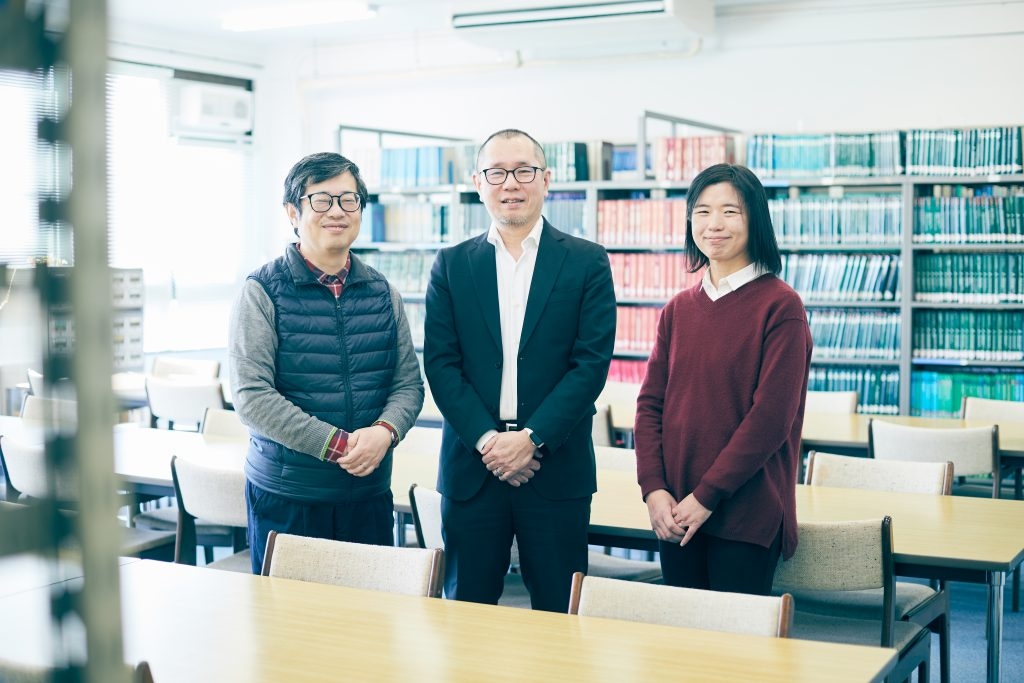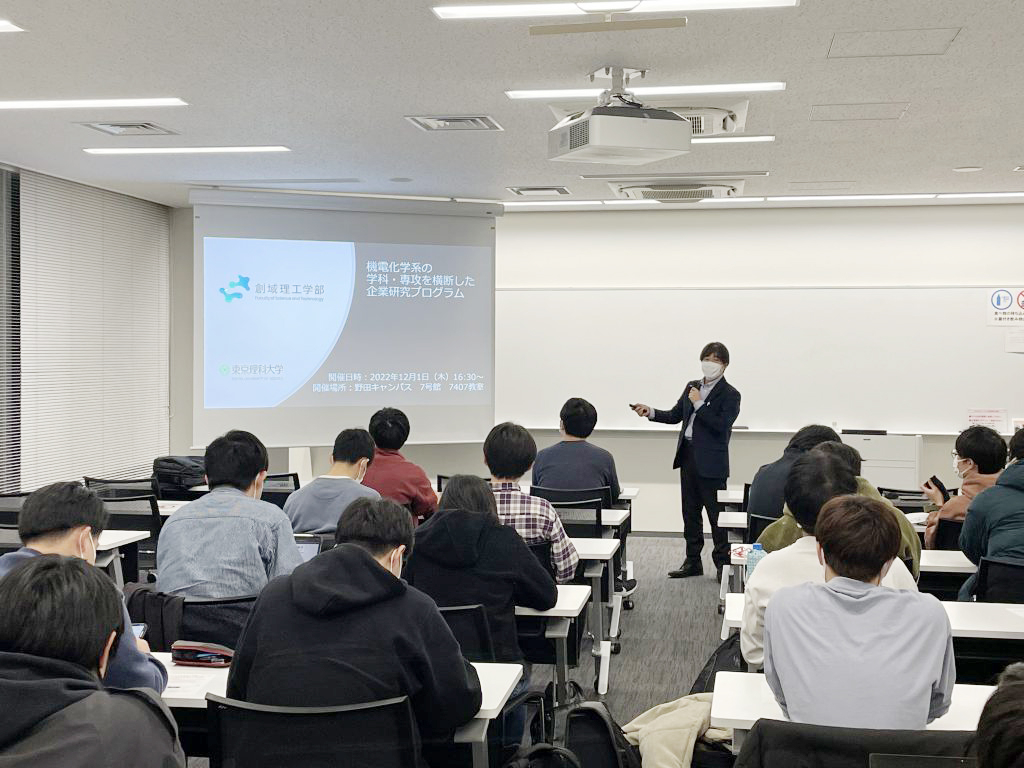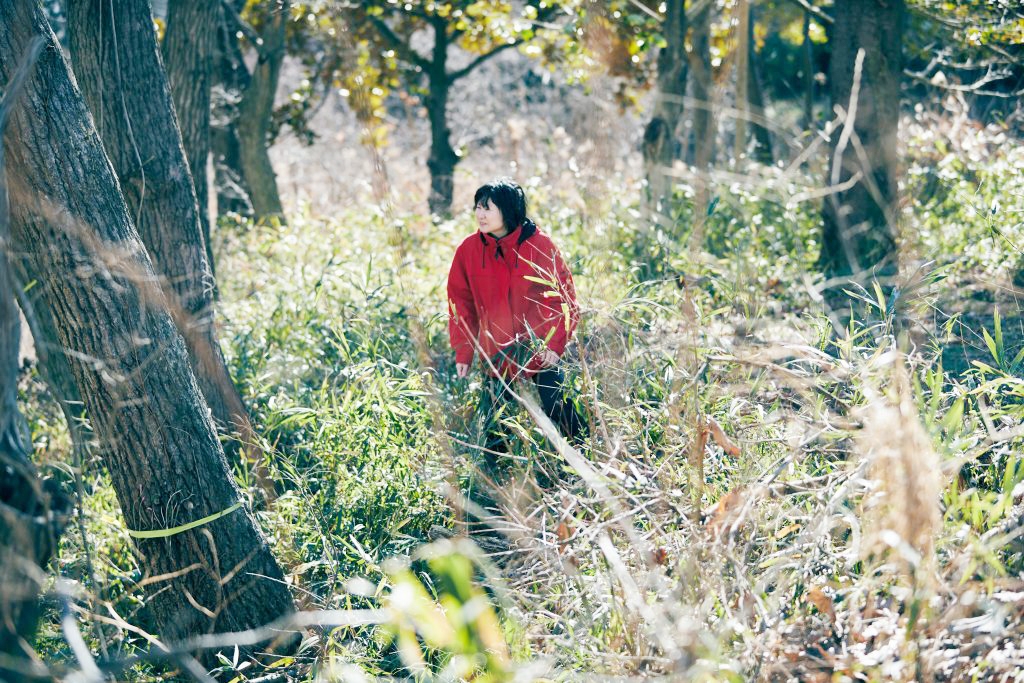Soiki-no-Me Projects are selected by the Faculty of Science and Technology following a solicitation process. A condition for a project’s selection is that two or more laboratories from different departments or majors must be participants in it The eight projects that were launched in the program’s first year just concluded in March 2024. What kinds of chemical reactions did the projects aim to achieve—and what reactions did they actually spark—by transcending boundaries? Here, we focus on three to find out.
“Double Lab” is an educational program in which fourth-year students of advanced mathematical studies in the Faculty of Science and Technology’s Department of Mathematics participate in graduation research projects in laboratories of other departments while also pursuing their graduation work in their own department. A Soiki-no-Me Project titled “Developing Double Lab in the Department of Mathematics” further developed and expanded Double Lab by expanding its scope of participation beyond fourth-year students. In FY2022, it held a lecture meeting led by a researcher from outside the university who has extensive experience in co-creation between mathematics and other fields. It also held a panel discussion that gave students advice and suggestions for succeeding in Double Lab and cultivated their awareness with respect to Double Lab participation. Double Lab has become a unique TUS educational program capable of nurturing seeds of cross-disciplinary and interdisciplinary creativity. Project activities designed to take the program even further will continue in the future.

The next project is titled “Corporate Research by Students Coming from Different Departments and Majors in Mechanical and Electrical Materials.” Its aim was to help students appreciate and experience the borderless and interdisciplinary fusion of various industries through corporate and industrial research. Presenting themes such as “Seminar on Engineering Jobs/Worlds Connected by Learning,” the project included application trials, module prototyping, and group discussions alongside lectures by outside experts. It also provided an opportunity for students to experience working with people from different fields of expertise and become familiar with techniques and ways of thinking in different fields by not only exposing them to R&D and work processes in different industries but also allowing them to interact with students from many departments. It will be students who will spread soiki (“frontier science”) throughout society. This kind of program will be effective in encouraging them to do so.

Risokai Memorial Natural Park (hereinafter “Riso Park”) was established adjacent to the Noda Campus, home of the Faculty of Science and Technology, to commemorate the 100th anniversary of TUS’s founding. The park received an award from Ecosystem Conservation Society––Japan in 2018. Junior Associate Professor Shizu Itaka of the Department of Industrial and Systems Engineering and Professor Kazuyuki Kuchitsu of the Department of Applied Biological Science are using this green space to conduct a project called “Environmental Education at Risokai Memorial Natural Park on Noda Campus.” The project’s aim is to promote joint learning of topics that cannot be grasped through desktop study. Thus far, the project has hosted events on various topics, including “thinking about the forest environment from the standpoint of oak wilt disease” and “measuring the forest with drones.” It has also presented lectures for nearby residents. Many different people have a hand in Riso Park’s maintenance, including the TUS faculty, student groups, and the local government. The project will formulate and execute a long-term plan for forest management based on a common understanding with those people. It is stepping into a new area of barrier-free forest management that gets people involved.
